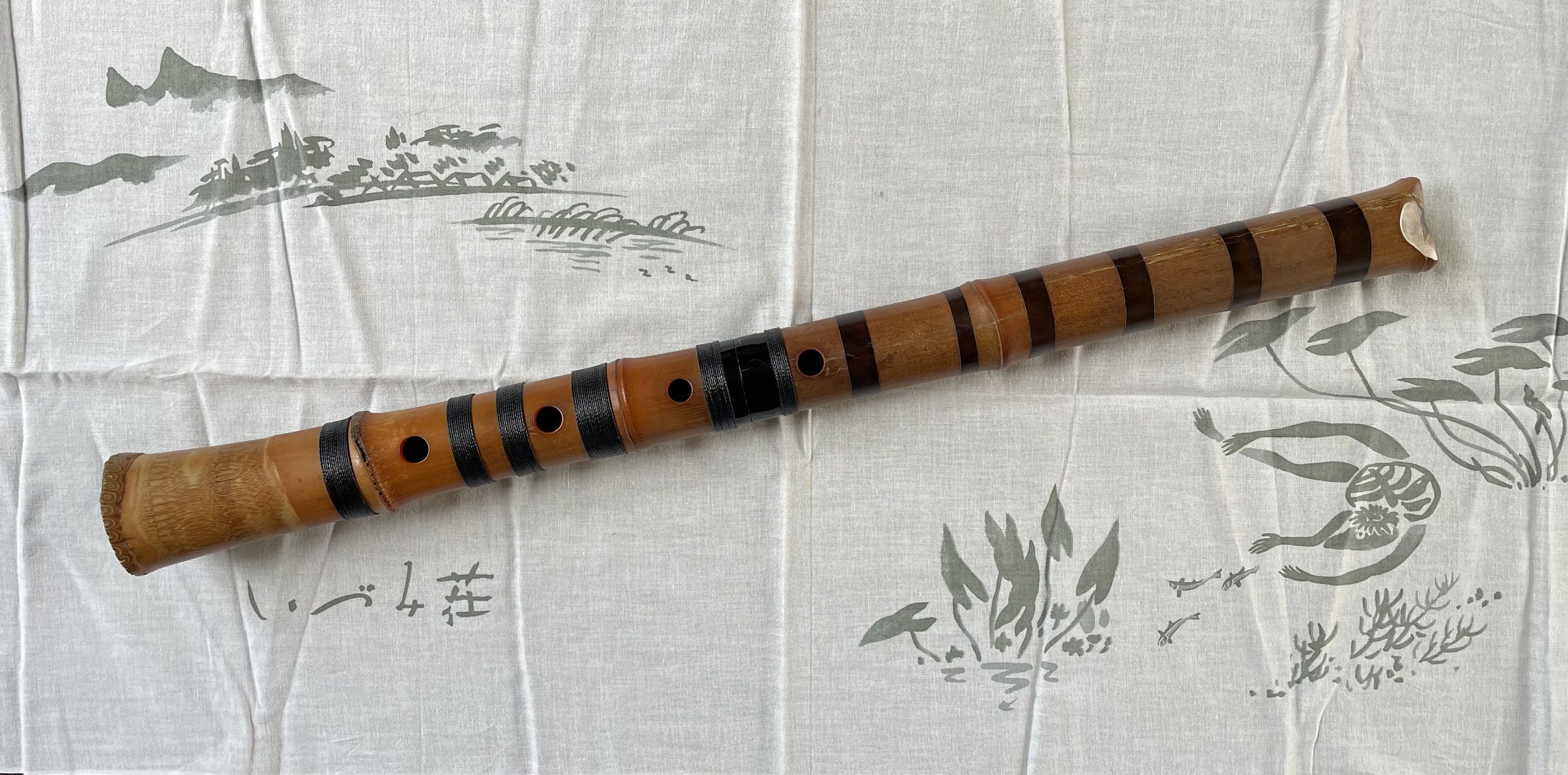Erasure
I hadn’t seen my dad, or really spoken to him since 2011. The last time I saw him, Barack Obama was still in his first term. Kate and William were newlyweds. Wall Street was Occupied, and Japan was reeling from one of the most devastating earthquakes in her history. I was still living in Portland, Oregon, still 5 years away from moving to Portland, Maine (to the confusion of many), and I was a decade away from learning the pitfalls of comprehensive home renovation.
At last, I went to visit my parents last month in New Mexico. I’ll spare you the family dynamics as to why it had been so long, since I can only speak from my own perspective. I can say I’m glad I went.
My dad retired in 2011 and never played a note since. I’ve made mention of the fact that music wasn’t a career that he ever really wanted, nor was it ever a source of happiness for him. Once he closed the door on that part of his life, he locked it and threw the key into the fires of Mount Doom.
The only artifact that remained from his time as the foremost Kinko-ryū shakuhachi player was his personal instrument. When I asked him about it though, he didn’t recall where it was or what he had done with it. In fact, his prevailing memory was that he had already given it to me; it only manifested by chance.
My parents relocated to the high desert of Colorado, before moving to the slightly higher desert of New Mexico. Any shakuhachi player—or any woodwind player, for that matter—will tell you an arid climate is particularly unkind to musical instruments. I would go as far as to say it’s one of the most hostile environments in the lower 48 period, especially for tenderfooted Pacific Northwesterners who have existed in temperate, humid, climes at or near sea level their entire lives.
After a bit of searching, we found my dad’s shakuhachi. I took the flute out from a thin, cotton sleeve and saw it was split clean through to the bore with a crack so wide it had distorted some of its original bindings. It had ruptured so violently that I could hardly imagine it would be playable ever again.
photos courtesy of Perry Yung
Upon closer inspection, I saw that it bore the mark of my grandfather, Kodō the 4th. He had died so young that he never had his own hanko made and still used the name Baikyoku (梅旭). A hanko is a stamp similar to a wax seal, or in this case a small iron brand with the maker’s mark.
Araki flutes are stamped according to quality: 2 stamps is still a very good instrument, but maybe because of the quality of bamboo it doesn’t get the coveted third stamp (I recently inherited one with two stamps and it plays marvelously). Three stamps is unparalleled in terms of tone, playability, responsiveness, and intonation.
I looked it over and saw two stamps on the lower half (one of which had a crack now running straight through the middle of it) and a third which is customarily just above the joint and below the thumb hole to the left. There, just to the right of the thumb hole is a fourth stamp. A fourth stamp was only ever applied to one’s personal flute. This meant the shakuhachi my father played the second half of his career had been his father’s own personal shakuhachi.
from left to right, lowest to highest
I’ll tell anyone within earshot that my dad was and will remain the Michael Jordan of shakuhachi players—surpassing even his grandfather, Kodō III, in my opinion, but he never gained the recognition he deserved. In fairness, accolades weren’t a motivation for him, and given that he renounced his Japanese citizenship in the 1970s, being named a Living National Treasure of Japan would not be in the offing.
However, nature abhors a vacuum, and his lack of assertiveness meant he would barely register as a footnote in the annals of Japanese music. Due to some machinations of some of the more unscrupulous characters of the shakuhachi world, he would eventually find himself more or less erased from the conversation.
As his grandfather and father had both died so young (56 and 41, respectively) these people maintained, the line to Kurosawa Kinko had been severed in 1935.
my grandfather (c. 1940) and great-grandfather (c. 1914)
This is of course not only nonsense, but profoundly cruel. My father was 6 when his father died. Former students of his grandfather came to him not to console him while he still grieved his father’s passing, but rather to tell him that his father’s life was meaningless and he should relinquish the name Kodō to them.
My dad, c. 1943
These days, it’s nigh impossible to get him to speak of anything music related. I try to coax it out of him gently because the scars are deep and barely healed. I have to accept that if he is unwilling to share some memory or story, it’s entirely his prerogative.
my grandfather’s flute, restored and playing beautifully.
I am grateful, yet again, to Perry Yung for resurrecting this flute from the ashes. Here’s a small excerpt from Hi Fu Mi Hachigaeshi no Shirabe…
More anon,
Hanz



